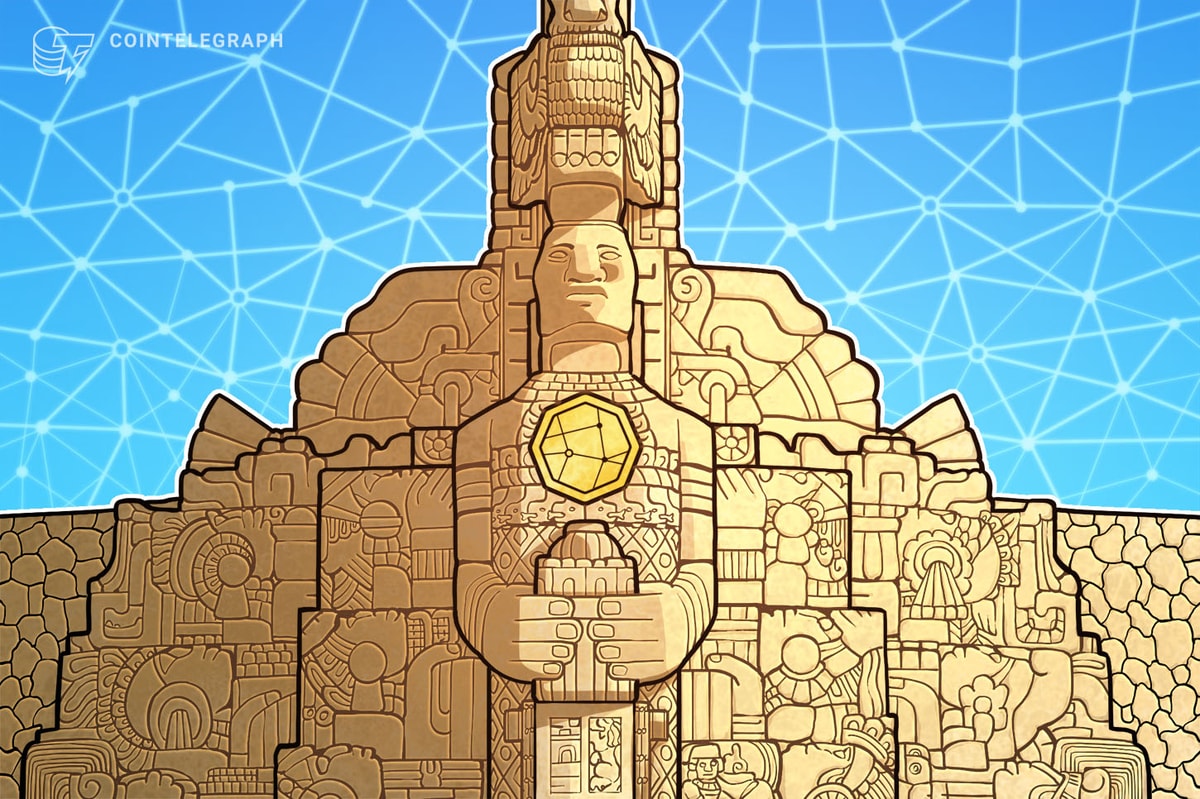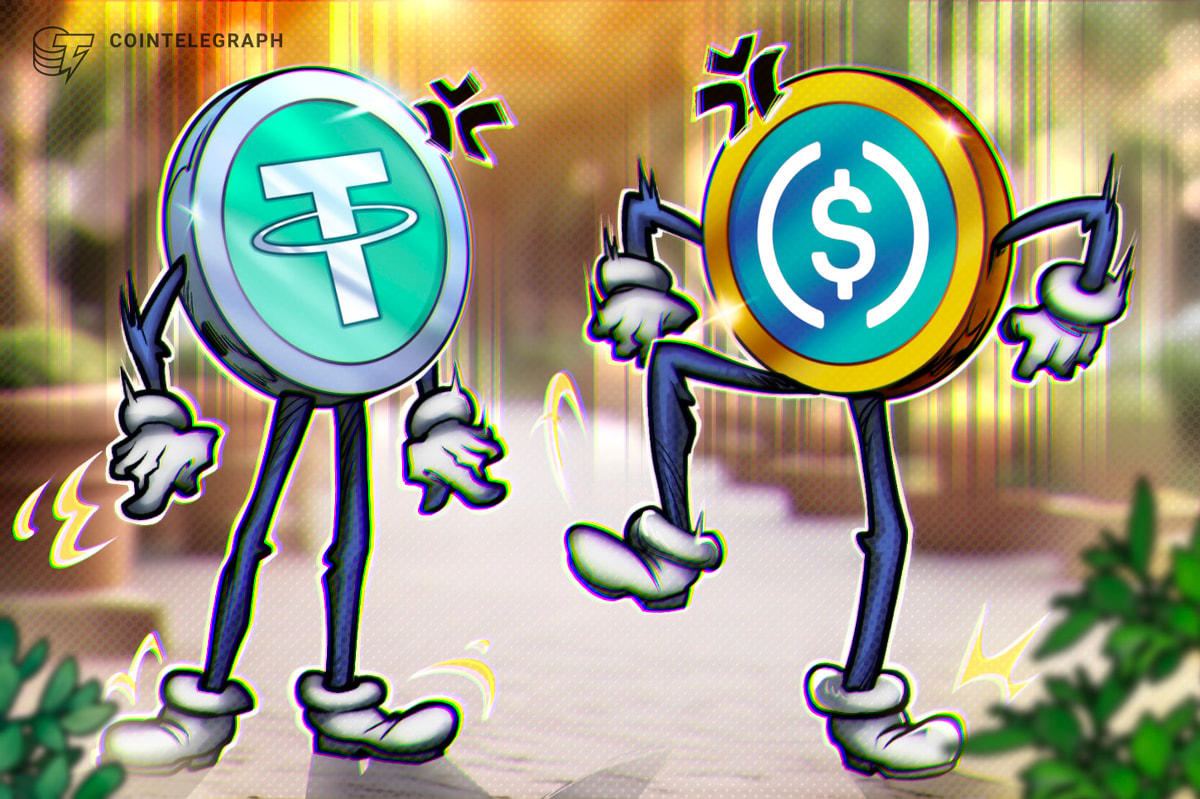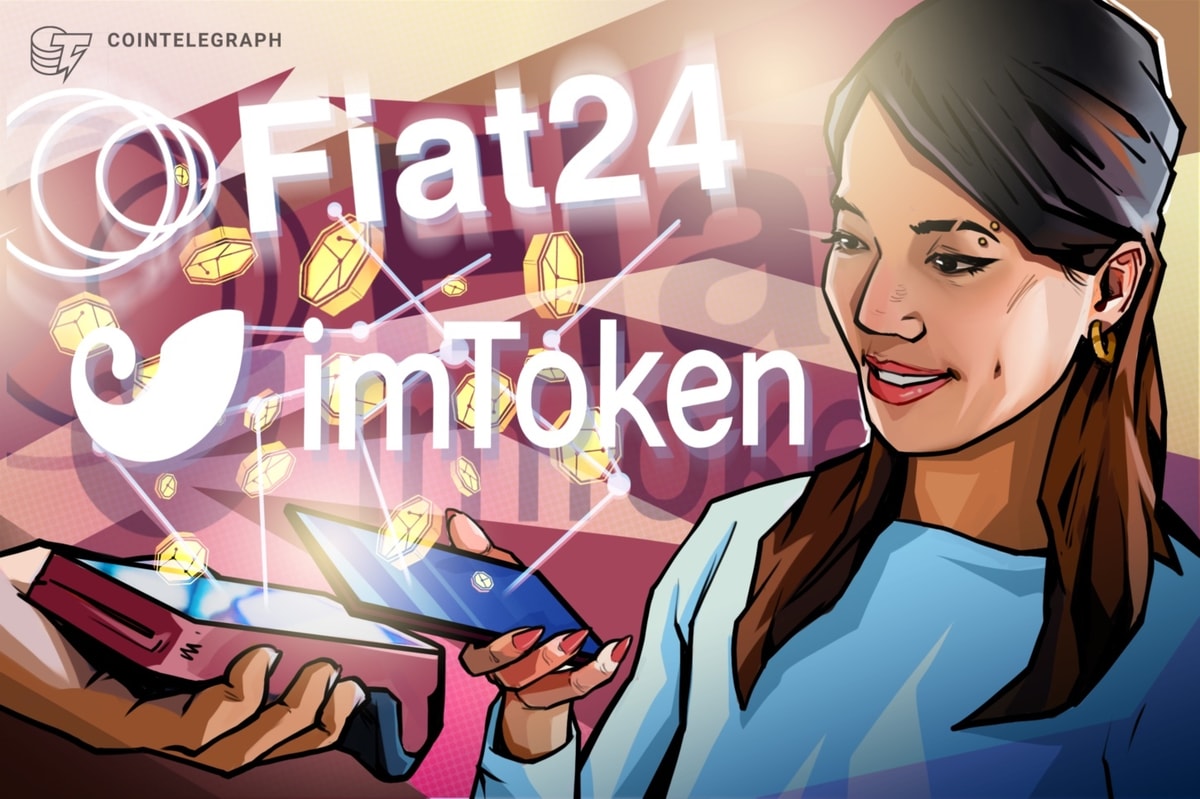Uber, a $68 bln transportation network and technology company, launched its signature debit card network in Latin America, in cooperation with FinTech bank Bankaool.
Bankaool CEO, Francisco Mere stated:
“This reflects how FinTechs with an open IT architecture can work together with IT companies, bringing innovative and disruptive solutions to an increasing number of markets.”
Bankaool is a Latin American online FinTech bank that offers various financial services, including Mastercard debit card issuance. The firm is mostly focused on mobile banking, which enables its consumers to control virtually any financial settlement and tasks online, via mobile.
The Uber signature debit card, for instance, can be accessed internationally via the web or mobile. Like traditional bank-issued debit cards, consumers can buy online, make free transfers and manage balances on the Bankaool mobile application.
Logic Behind the Partnership
From a regular consumer standpoint, it seems as if a multi-billion dollar institution like Uber would rather form a partnership with the issuing party, such as Mastercard, instead of third party companies like Bankaool. However, in consideration of the Latin American mobile ecosystem and financial market, Uber has made a smart one-of-a-kind FinTech movement.
Over the past decade, the mobile ecosystem in Latin America has significantly matured and developed, demonstrating a staggering 112 percent penetration rate in mobile connections and 52 percent penetration rate in unique monthly subscribers.
According to the GSM Association, 3G/4G connections are projected to grow by almost 80 percent by the end of 2020, which represents the growing connectivity rate amongst Latin American mobile users.
In spite of Latin America’s developed mobile ecosystem, it has an underdeveloped financial market, with less than 14 percent of the population having formal savings account.
In most cases, it is particularly difficult to open debit or credit cards without a formal savings account. Banks demand a consistent in and outflow of money in bank accounts and require individuals to hold a certain amount of money in their accounts before opening bank-issued credit cards.
For Uber, the debit and credit card penetration rate is crucial as the entire platform is based on the two payment options. Without debit and credit cards, users cannot use Uber to travel around.
In countries like the Philippines, where obtaining a debit or credit card is significantly more difficult, an increasing number of people are passing up the opportunity to use Uber because of the lack of financial services. If such regions can obtain debit cards from major financial networks like Mastercard, a larger market will be available for Uber to target.
“#YourUberCardforEverything (#TuTarjetaUberParaTodo) can be used to pay at movie theaters, stores or restaurants, as well as ecommerce and mobile apps that accept Mastercard, both in Mexico and internationally, and even to withdraw cash at ATMs,” said Juan Carlos Espinosa, chief digital bank, business development, and marketing officer of Bankaool.











